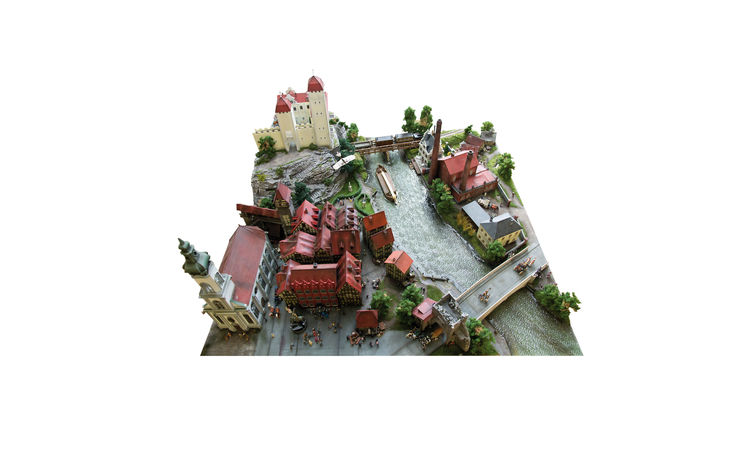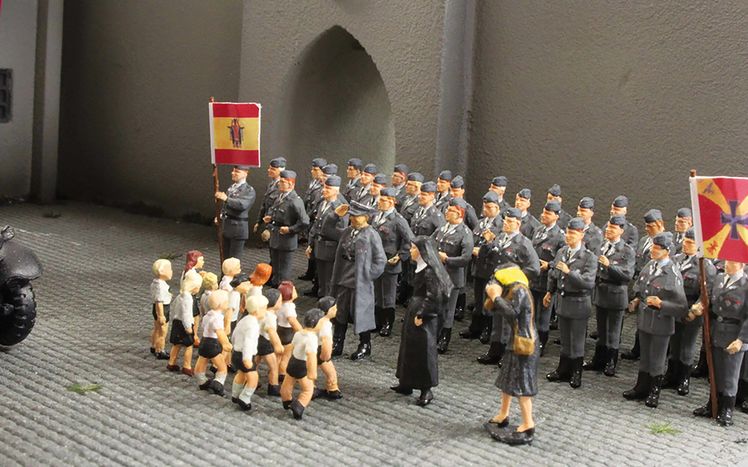1789 - 1848
The 18th and 19th century were the era of revolution. The people started to rebel against their rulers. The revolutions were the source of profound power-political and socio-political changes throughout Europe and have influenced today’s understanding of democracy deeply.
















